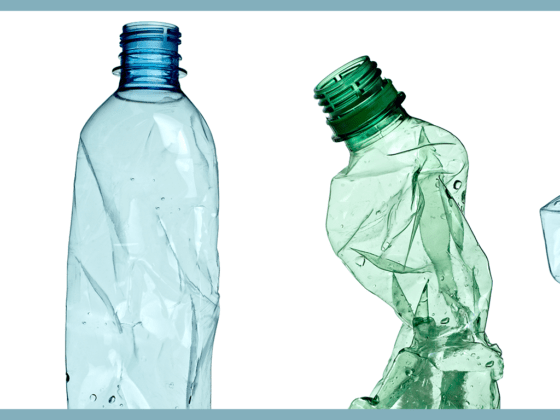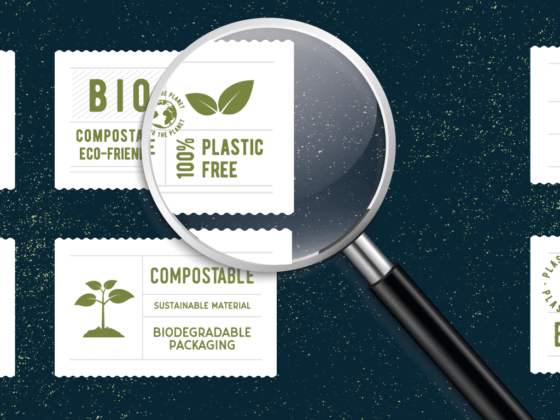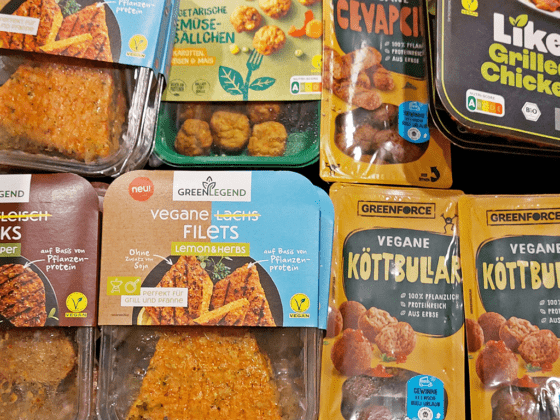ATTITUDE WITH BISS
When it comes to PET bottles, we are world champions. We get 25 cents per bottle, so nothing is left lying around. The return rate is more than 97 percent. The recycled material is unmixed and in demand like hotcakes: Foil manufacturers, textile producers and other industries are scrambling for the old bottles to increase their own recycling rates. Similar figures apply to beverage cans. Tinplate is at least as valuable and in demand. The father of this success is a political pain in the ass. When he took the floor, even the usually so level-headed Angela Merkel started to lash out…
Flashback. Germany in the early 2000s. Crumpled Coke cans litter parks and forests or rust away in bodies of water. Mountains of empty beer cans pile up in front of soccer stadiums and concert arenas, and the sharp-edged tear-off tabs fly around on the sidewalks. The can is a symbol of the throwaway society. Cheap, convenient, and available everywhere, it has cult status among beer drinkers.
And then someone comes along and says: Stop it. I’m talking about Jürgen Trittin. The Green Minister for the Environment in the red-green government under Chancellor Gerhard Schröder is taking up what the black-yellow government decided but never implemented back in 1991 under the former Environment Minister Klaus Töpfer: the can deposit.
The headwind is enormous. The CDU/CSU, retailers and beverage producers are up in arms against the regulation. There is a hail of complaints and insults. CSU leader Edmund Stoiber scolds: “Germany doesn’t deserve this chaos minister!” And CDU leader Angela Merkel, formerly an environment minister herself, rails, “The idiocy knows no bounds at this point.”
Trittin is not fazed. He takes all the blows. As the nation’s nag, the politician from the Green Party is beating the can deposit through the institutions. After years of back and forth, different and confusing regulations, a uniform deposit comes into force on May 1, 2006. At this point, Jürgen Trittin is no longer in office.
Why am I telling you this? You don’t have to like Jürgen Trittin. But he deserves recognition and respect for implementing a measure that today makes us the envy of the world – our deposit system.
Currently we have vacation time. A look at Italy. Supermarkets are stacked with millions of plastic mineral water bottles. Less than every second bottle is recycled. In France, the figure is just over 50 percent. By comparison, thanks to the uniform and lucrative 25-cent deposit, we achieve a recycling rate of more than 97 percent in Germany. That is unbeatable. We are the deposit world champion.
For me, this is a role model. In two ways: I appreciate Jürgen Trittin’s persistence. And I consider the deposit system to be one of the pillars on which a successful circular economy can grow. Deposits are always lucrative, so we need to introduce them in other sectors as well. Good ideas have already been implemented in the food sector: coffee-to-go cups, fresh food packaging from the fresh food counter, reusable bowls for convenience food (e.g. bowls).
Next step: Smartphones. The industry association Bitkom estimates that up to 200 million old smartphones are stored in German households. Every single one of them contains batteries that not only pose a risk, but also have recycling potential. If manufacturers charge an additional 25 euros deposit for each new smartphone, the return rate will be similar to that for PET bottles. Wanna bet?
Now we need a real nag to drive the changes.
 English
English Deutsch
Deutsch




